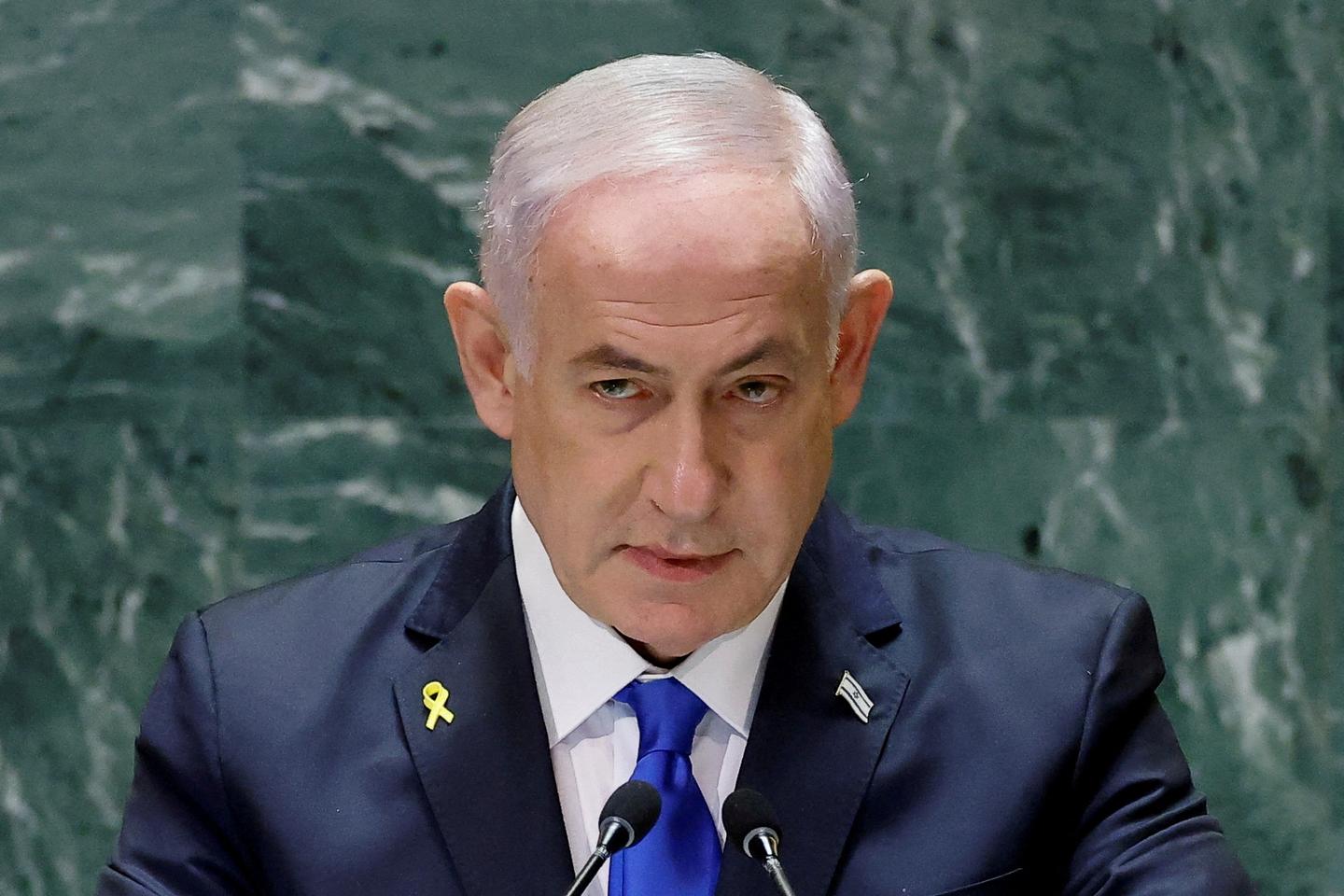The killing of a Hezbollah chief in Lebanon by Israel’s precision airstrike has rattled Iran in ways that expose deeper fault lines in the Middle East. Israel’s action, rooted in its right to defend its people and territory, has sparked outrage in Tehran, with Iran resorting to reckless provocations by launching ballistic missiles towards Israel. The conflict raises a fundamental question: Is Israel wrong to target those responsible for orchestrating terror attacks that left hundreds of its citizens dead in October? The answer is clear—Israel is acting within its sovereign right to eliminate threats posed by terror groups operating from Syria, Lebanon, and the volatile Gaza Strip. Iran’s involvement, particularly its missile launches, not only complicates an already tense situation but also underscores its ongoing agenda of destabilization in the region. The Iranian regime’s unrelenting support for groups like Hezbollah and Hamas reflects its broader strategy to maintain influence through proxy wars, a stance that stands in stark contrast to global efforts aimed at restoring peace. The United States, Israel’s key ally, has swiftly condemned Iran’s provocations. Secretary of State Antony Blinken issued a forceful statement, asserting that Washington is closely monitoring the escalation and reiterating the U.S.’s unwavering support for Israel. Other U.S. allies, including the United Kingdom, France, and Germany, have also joined the chorus of condemnation. France President Macron has also announced of moving its military assets in the middle-east. The unified international response signals that Iran’s belligerence will not go unchecked, further isolating Tehran on the world stage.
In a parallel development, U.S. presidential candidates have weighed in on the conflict. Kamala Harris, the Democratic nominee, made it clear that defending Israel remains a top priority for the U.S., and preparations for potential military action against Iran have been quietly ramped up. On the Republican side, former President Donald Trump, while critical of the Biden administration’s handling of the crisis, underscored the need for caution, warning of the potential for further escalation in the Middle East. India, too, has shown solidarity with Israel in this critical moment. Prime Minister Narendra Modi, while advising restraint and calling for a ceasefire, expressed support for Israel’s efforts to root out terrorism. His stance is not surprising, given India’s own struggles with cross-border terrorism, particularly from Pakistan, which has long been accused of harbouring and supporting international militant groups. Much like Israel, India has been compelled to take decisive action to protect its citizens from terror threats originating across its borders.
Yet, amidst the growing global outcry, two notable players—China and Russia—have remained conspicuously silent. However, Russia has announced aid to Lebanon in the ongoing conflict. Both countries, particularly China, have strong ties to Iran, making their positions critical as the situation unfolds. China’s longstanding strategic interests in Iran, particularly its energy investments and infrastructure projects, suggest that Beijing may adopt a cautious “wait-and-watch” approach. Whether China will overtly condemn any U.S. intervention remains to be seen, but its alignment with Iran complicates the diplomatic landscape. Russia, on the other hand, has typically positioned itself as a key player in Middle Eastern geopolitics, with its military presence in Syria and influence over Iran. However, Moscow’s silence amid the current escalation indicates a possible reluctance to choose sides openly, especially given its already strained relations with the West. In this volatile environment, restraint must be exercised on all sides to prevent further bloodshed. Iran’s missile attacks, however, cannot be condoned. Its involvement is not only unwarranted but dangerous, given the high stakes in the region. As tensions rise, the international community must send a clear message to Tehran: provocations will not be tolerated, and Israel, like any sovereign nation, has the right to defend itself. It is time to restrain Iran. With mounting pressure from global powers, the regime in Tehran must understand that its attempts to sow chaos will not go unanswered. The path forward must prioritize de-escalation, but peace cannot come at the expense of security.






